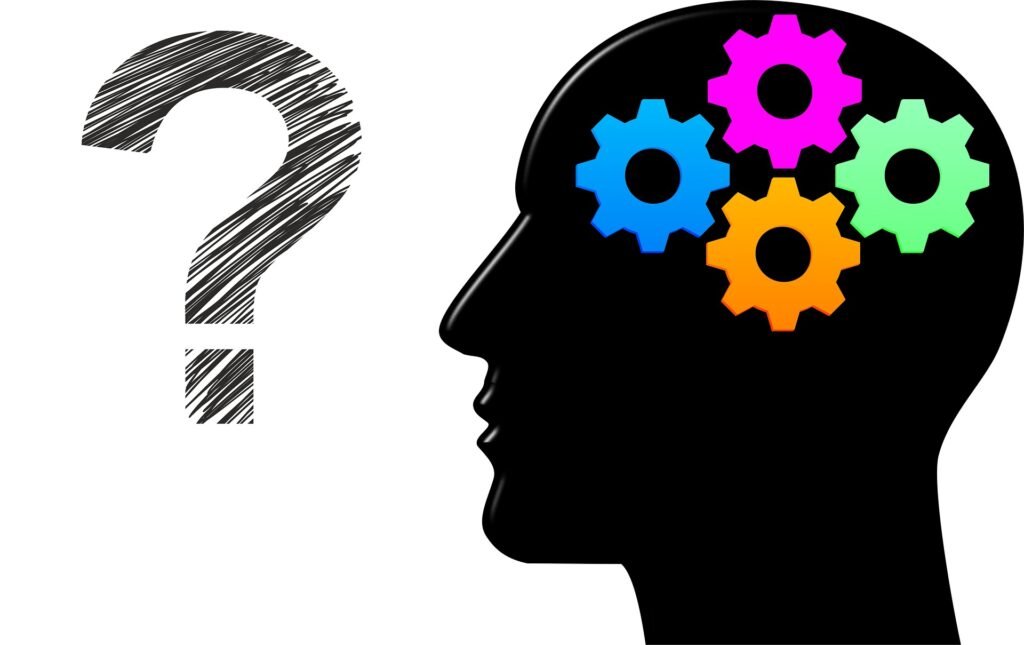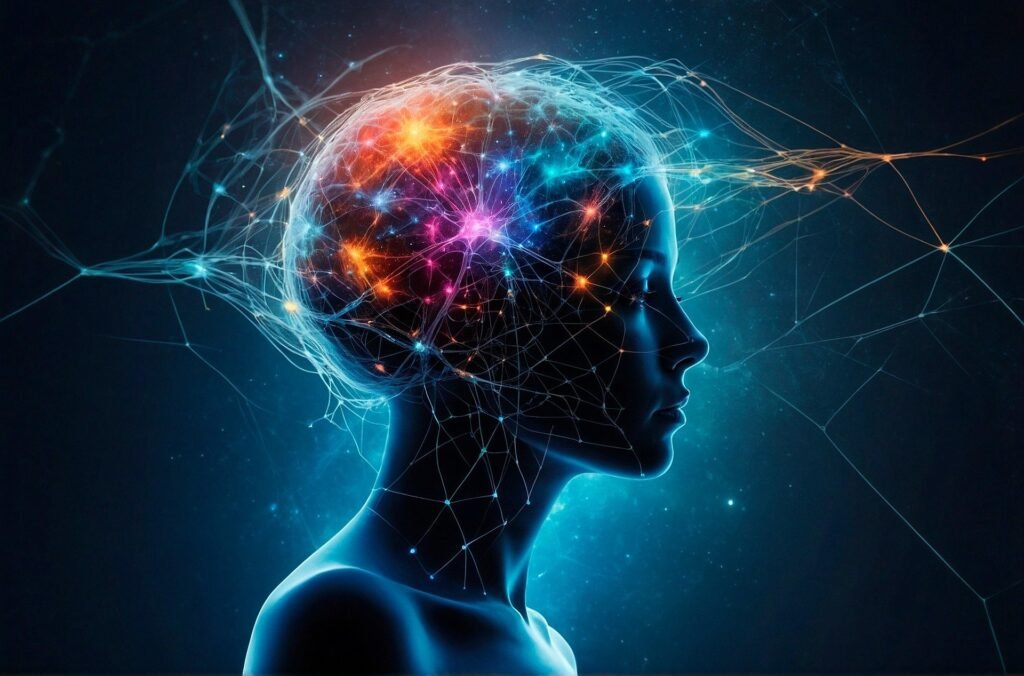In our fast-paced world, maintaining and enhancing our cognitive abilities is more important than ever. Whether you’re a student, a professional, or simply someone who wants to keep their mind sharp, incorporating brain exercises into your daily routine can have a significant impact on your memory and learning power. Here are ten effective brain exercises that can help you boost your cognitive function in simple terms.
1. Mind Mapping
What It Is: Mind mapping is a visual tool that helps you organize information.
How to Do It: Start with a central idea and draw branches that represent related topics. Use colors and images to make it more engaging. This technique not only enhances your memory but also aids in understanding complex subjects.
Why It Works:
By using visual elements, you engage both sides of your brain, improving your ability to recall information.
2. Puzzles and Games

What It Is: Engaging in puzzles and games like Sudoku, crosswords, or chess.
How to Do It: Dedicate a few minutes daily to solve puzzles or play strategy games. You can find numerous apps and websites dedicated to brain games.
Why It Works:
These activities challenge your brain and improve problem-solving skills, which are crucial for learning and memory.
3. Reading Aloud

What It Is: Reading books, articles, or any text out loud.
How to Do It: Choose material you find interesting and read it aloud for 10-15 minutes each day. This can be done alone or with a friend.
Why It Works:
Hearing words engages auditory memory, helping you retain information better. Plus, it improves your pronunciation and comprehension skills.
4. Learn a New Language

What It Is: Picking up a new language to improve your cognitive abilities.
How to Do It: Use language learning apps or enroll in a class. Practice speaking, listening, reading, and writing.
Why It Works:
Learning a new language challenges your brain to recognize new patterns and structures, enhancing both memory and cognitive flexibility.
5. Meditation and Mindfulness
What It Is: Practicing mindfulness or meditation to improve focus and memory.
How to Do It: Set aside 10-20 minutes each day to sit quietly, focus on your breath, and clear your mind. You can also use guided meditation apps.
Why It Works:
6. Physical Exercise

What It Is: Engaging in regular physical activity.
How to Do It: Aim for at least 30 minutes of exercise most days of the week. This could be anything from walking, running, dancing, or yoga.
Why It Works:
Exercise increases blood flow to the brain and promotes the gro
7. Learning a Musical Instrument: Train Your Brain

Learning to play a musical instrument is one of the most stimulating brain exercises. It enhances hand-eye coordination, memory, and auditory processing, all while providing a creative outlet. Whether it’s guitar, piano, or drums, learning music engages both sides of the brain, making it an excellent way to boost brain function.
How learning music helps:
- Improves concentration and attention to detail.
- Strengthens your auditory memory by requiring you to recall musical notes and patterns.
- Increases your ability to multitask by coordinating different hand movements with reading sheet music.
8. Visualization Techniques

What It Is: Using mental images to understand and remember information.
How to Do It: When trying to learn something new, visualize it in your mind. Create scenarios or images that relate to the information.
Why It Works:
Visualization helps you create strong mental connections, maki
9. Memory Techniques (Mnemonics)

What It Is: Using tricks to remember information, like acronyms or rhymes.
How to Do It: Create a memorable phrase or song to help recall facts or lists. For example, “Every Good Boy Deserves Fudge” helps remember the notes on the lines of the treble clef.
Why It Works:
Mnemonics leverage existing knowledge, making it easier to retrieve new information.
10. Social Interactions

What It Is: Engaging in conversations and social activities.
How to Do It: Join clubs, participate in discussions, or simply spend time with friends and family.
Why It Works:
Socializing challenges your brain to think critically, enhances your communication skills, and reduces stress—all of which contribute to better memory and learning.
What are brain exercises?
Brain exercises are activities designed to improve cognitive functions, including memory, problem-solving, and learning skills.
How often should I do brain exercises?
Aim to practice brain exercises daily, even if only for a few minutes. Consistency is key!
Can anyone do brain exercises?
Yes! Brain exercises can be beneficial for people of all ages. Just choose activities that suit your interests and skill levels.
Do physical activities also help brain health?
Yes! Physical exercise is crucial for brain health, as it improves blood flow and promotes new neuron growth
Is there an age limit for brain exercises?
No, brain exercises are beneficial at any age. They can help maintain cognitive function and memory as you grow older.



